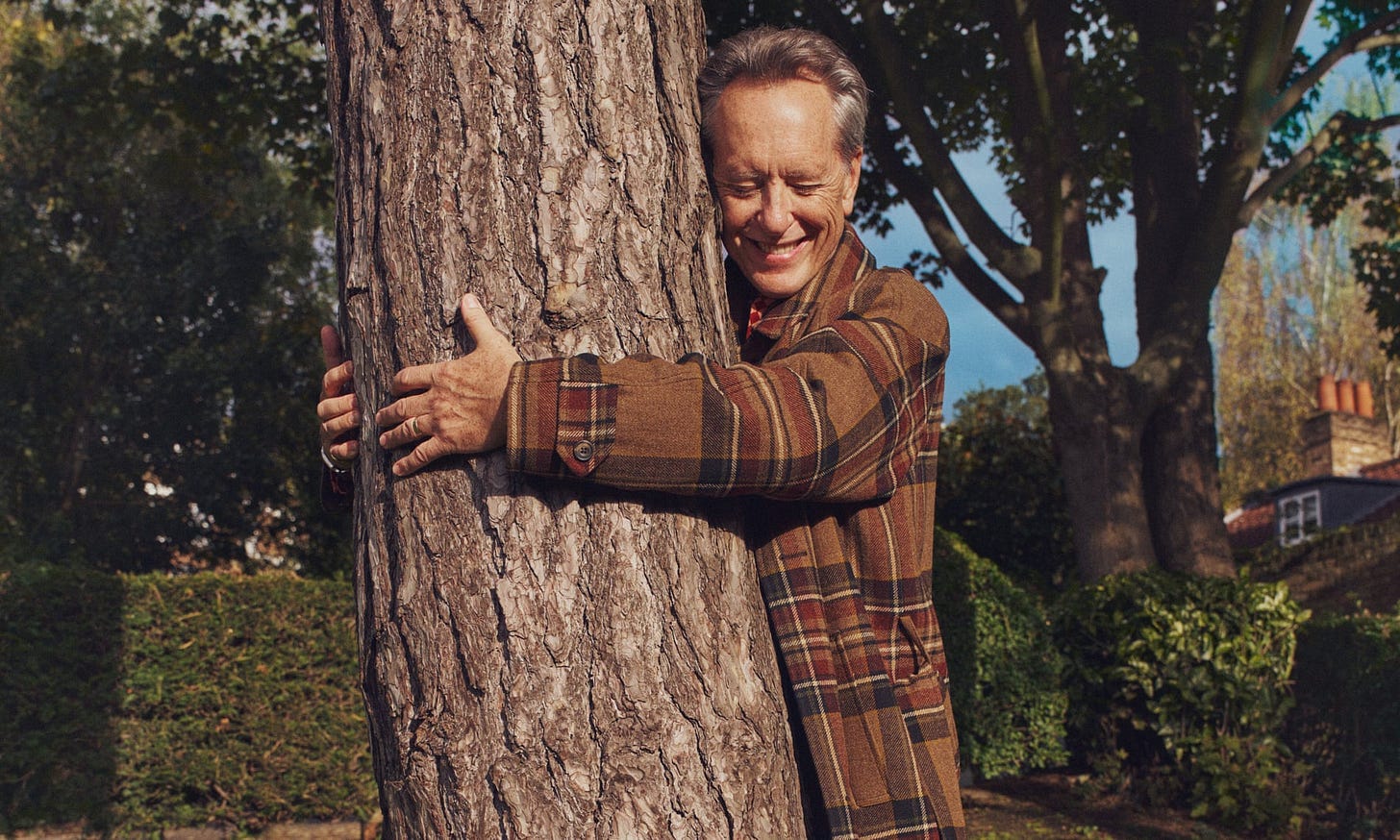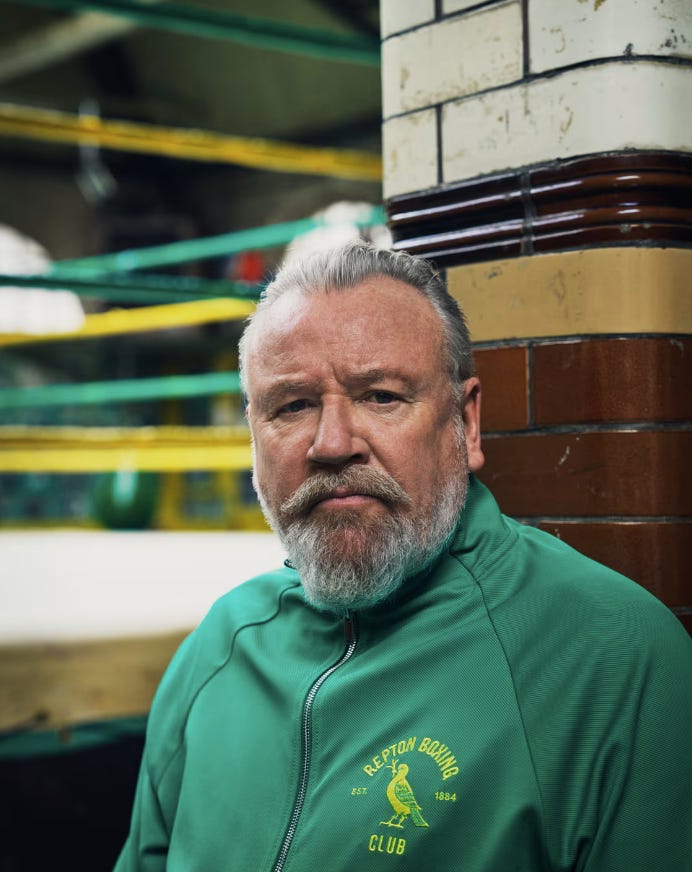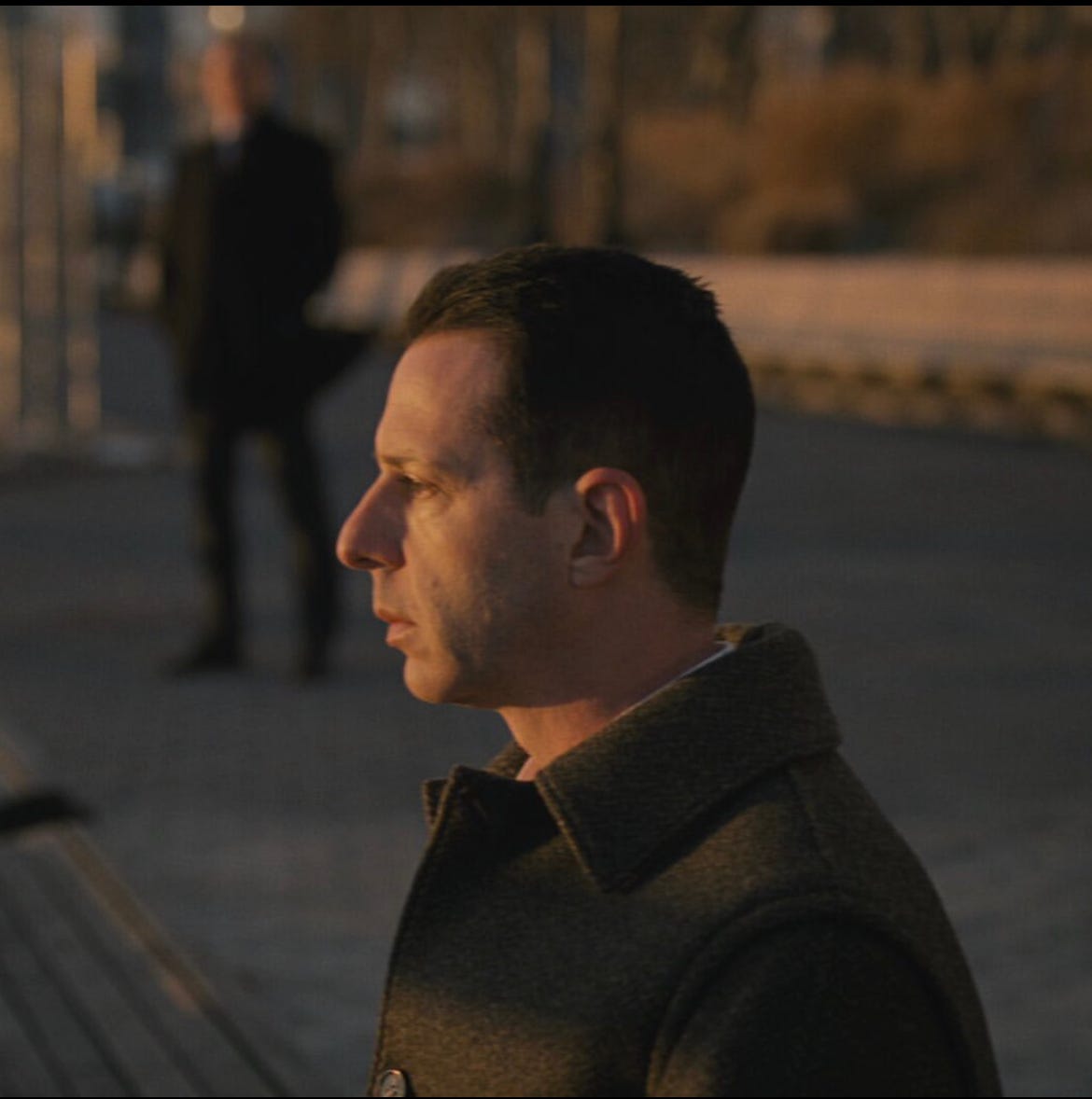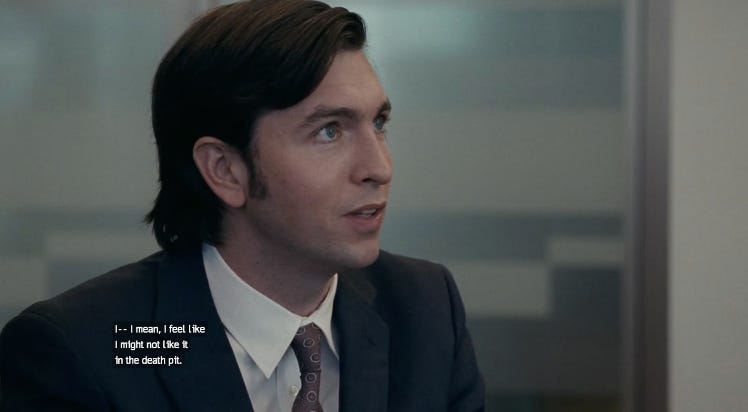On a Monday in October, I visited a hotel in Richmond to meet the actor Richard E Grant, who lives in a grand house nearby. The house is well-known to Grant’s many Instagram followers, who are regularly invited inside via a series of videos he records from the property. Many of the videos focus on the loss of Grant’s wife, the respected dialect coach Joan Washington, who died in September 2021. The couple were married for 35 years and shared a daughter, Olivia, who is now a casting director. The weekend before Grant and I met, Olivia celebrated her marriage to the financier Florian Herbst at a glitzy, multi-flowered event held at her father’s home. Grant father-of-the-brided around in an elegant tux. Helena Bonham Carter grinned from the sidelines. But, as I wrote in a cover interview published in the Observer Magazine a few weeks later, the day was made bittersweet by Washington’s absence.
The videos Grant publishes about Washington – as well as his 2022 memoir, A Pocketful of Happiness, which charts Washington’s illness and Grant’s descent into loss – have made him almost as well known as an open authority on grief as he is an actor. Much of our time together concerned their relationship. At one point during our discussion, Grant admitted to writing to his wife every night. A longtime diarist, he now considers the writing of his diary to be a way of extending his marital relationship, which he referred to as a lifelong conversation. “I’ll describe what you look like,” Grant told me of that evening’s entry. “What you’re wearing. How old you are. Do you have kids. All of that. She would want to know what your accent is, because that was her speciality. She would ask, ‘What did Alex sound like? What is the shape of his mouth? Does it open when he talks?’”
Richard E Grant hugging a tree in Richmond, by Simon Emmett
Grant was born in Swaziland, now Eritrea, during the last gasps of Empire. When he was 10, he caught his mother “bonking” his father’s best friend. They were all in a car together; Grant had been napping in a back seat. Grant kept the secret to himself, and for a long time he was estranged from his mother, who left her husband and moved to South Africa. Grant spent the rest of his teenage years with his father, who slipped into alcoholism and became abusive. Partway through our conversation, Grant recalled pouring his father’s liquor down the sink in an attempt to nudge him into sobriety, only to suddenly feel the end of his father’s gun pressed against the back of his neck. Grant ducked and ran; his father pulled the trigger but missed, most likely because he was already drunk. When Grant recited the story, he was calm. What I found more shocking than the event itself was the fact that throughout our conversation, and in his memoirs, Grant insisted on his father being a good man – during the day, he said, his father was charming, clever, admired. When I referred to his father’s behaviour as abuse, Grant laughed dismissively. Then he went on to bemoan the rise of victim mentality.
You can read the interview here. I’d be delighted if you did. (There are lovely photos by Simon Emmett, including one of Grant hugging a tree [above].) You can read another of my recent interviews, with Peter Sarsgaard, here. Sarsgaard, who is married to the actor and director Maggie Gyllenhaal, with whom he has two daughters, is an exceptional character actor. We met to discuss his new film, September 5, which covers the 1972 Munich Olympic massacre through the viewpoint of the ABC television crew that documented the tragedy live. (Sarsgaard plays the ABC executive Roone Arledge, who might be responsible for the 24-hour news coverage we experience as normal today.) As with most actor interviews, our conversation began with talk around the film. But most of our discussion centred on Donald Trump, America’s president-elect, of whom Sarsgaard is not a fan. On election night, Sarsgaard had dinner with his wife and some of the couple’s friends, avoiding all screens and subsequently the election result, which he had considered inevitable. “I told myself, don’t look until morning,” Sarsgaard said. And then morning came.
Like Grant, Sarsgaard had an interesting upbringing. Born on a US airforce base, his early childhood was itinerant – the family moved frequently, often following his father’s work. For a time, Sarsgaard served as an altar boy. (Still now he takes communion, though he described himself as a non-practicing Catholic.) But his childhood was frequently disrupted by the moods of others. “I lived with a lot of very sensitive people,” he told me. “Mental illness was a real thing in my house. Around those people, in those types of potentially volatile situations, you want to keep everything chill. And I’m very good at it. I spent a lot of my time as a kid trying to read the minds of people who didn’t know their own minds.” Acting, he told me, gave him a route out of peril, which is a thing a lot of actors say. But in Sarsgaard’s case I believed it.
I wrote both of these interviews against the backdrop of change – and chaos – at work. Last week, the Scott Trust and the GMG board agreed in principle to the sale of The Observer to Tortoise Media. The deal was agreed to while a large portion of Guardian and Observer journalists were on strike. Further strikes are due to take place this week. What is remarkable to me is that while all of the above goes on – while board decisions blot many futures with doubt and uncertainty – a relatively small staff at the Observer continues to put out excellent work.
What might that staff achieve with support?
If you’ve read to this point, thank you – as ever, I appreciate it. Please share this newsletter with friends if you enjoyed it. Please unsubscribe if you hated it!
Alex





